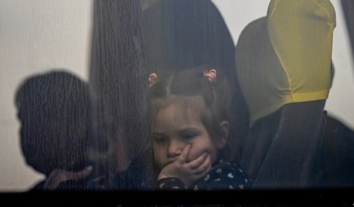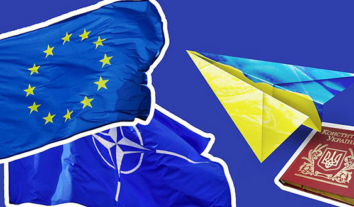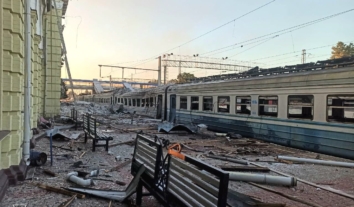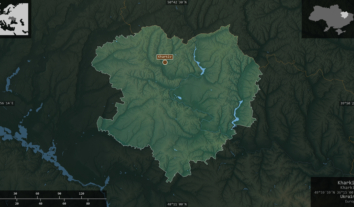Judgments and protocols in cases against Maidan activists are carbon copied
The judges and law enforcement officers committed a series of violations of the law while considering the cases against Maidan activists, including the Automaidan participants.
As the Human Rights Information Centre correspondent reports, this was stated by Vyacheslav Navrotsky, the Professor of the Criminal Law and Criminology Department at the Ivan Franko National University of Lviv, the expert of the USAID FAIR Justice Project.
“One of the violations was the fact that the application of the measure of restraint in form of taking into custody was substantiated by the evidence obtained in violation of the procedure, stipulated in the Code of Criminal Procedure of Ukraine. For example, the protocol of detention often did not provide for the actual time or place of detention. Often, different parts of the document refer to different time, place, and circumstances of the arrest,” Vyacheslav Navrotsky said.
The motions often did not contain any legal qualification of an administrative offense, and, accordingly, people did not know what they were accused of. There were cases when the people were interviewed as suspects or were applied other investigative actions to without any notification of their status. The lawyers of suspects often did not have an opportunity to get familiar with all the materials. The interviews were also conducted after working hours, especially at night, and there was no evidence of the fact that the court examined the possibility of applying a more lenient preventive measure.
The expert noted that the texts of court rulings against Maidan activists often repeated the content of the investigators’ reports word for word even containing the same grammatical errors.
Navrotsky stressed that the requirements of the Constitution and the practice of the European Court of Human Rights were not taken into account when considering cases and delivering judgments.
As noted by Roman Veresha, the professor of the Academy of Advocacy of Ukraine, the expert of the USAID FAIR Justice Project, the experts analyzed more than 300 judgments against the Maidan activists. The judgments, delivered in the period from November 21, 2013 to February 22, 2014, were often atypical, impartial, and contradictory.
“I have encountered the cases when the same policeman drew up 15-17 protocols in one day neither in my private law practice nor while analyzing the relevant judgments,” Roman Veresha said.
Also, according to him, the courts ignored the motions to interrogate witnesses, did not take into account the data from dashboard cameras, considered the cases against the suspects, who were outside Kyiv, and even abroad at the time of commission of the offense.
According to the expert, there is a need to set up an ad hoc commission to investigate the prosecution of drivers, who participated in the Automaidan actions.
The expert also suggests appealing to the Interior Ministry to hold liable the traffic policemen, who admitted irregularities in drawing up the protocols against the Automaidan activists, and to the High Council of Justice to hold liable judges, who deliberately delivered unlawful judgments in those cases.
As reported, the judge of the Shevchenkivsky District Court in Kyiv Iryna Makarenko reported on the pressure put on her by the leadership of the court in the Automaidan case. According to her, the head of the Court and his deputy demanded to deliver the judgment as soon as possible, although the case lacked materials and the judge wanted to send it for finalization.









